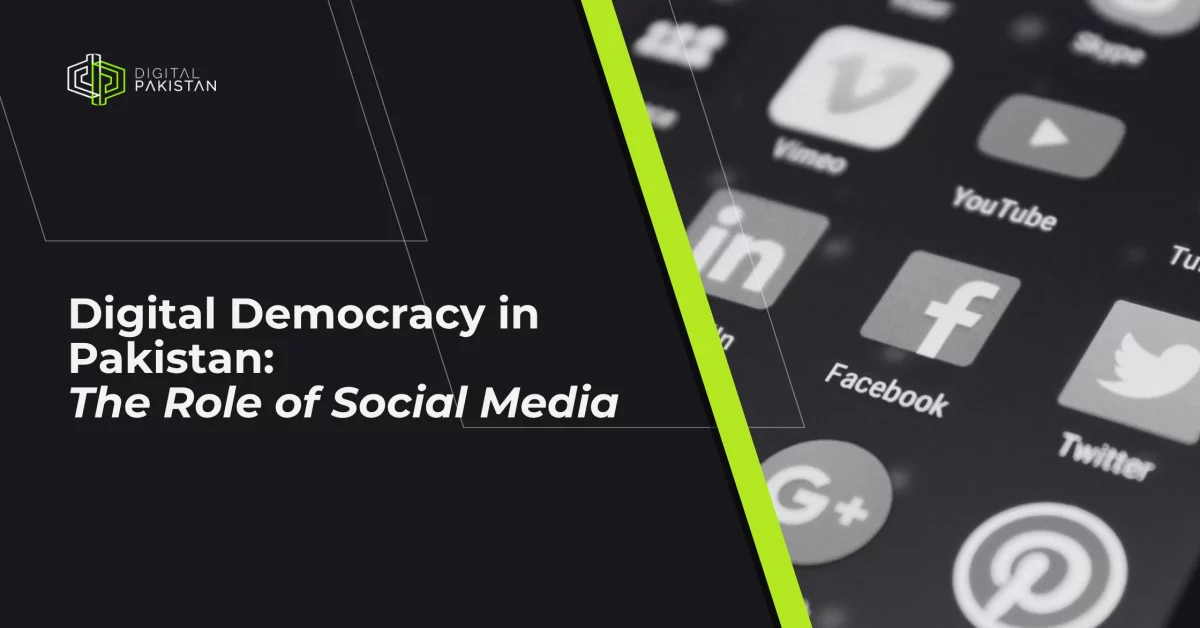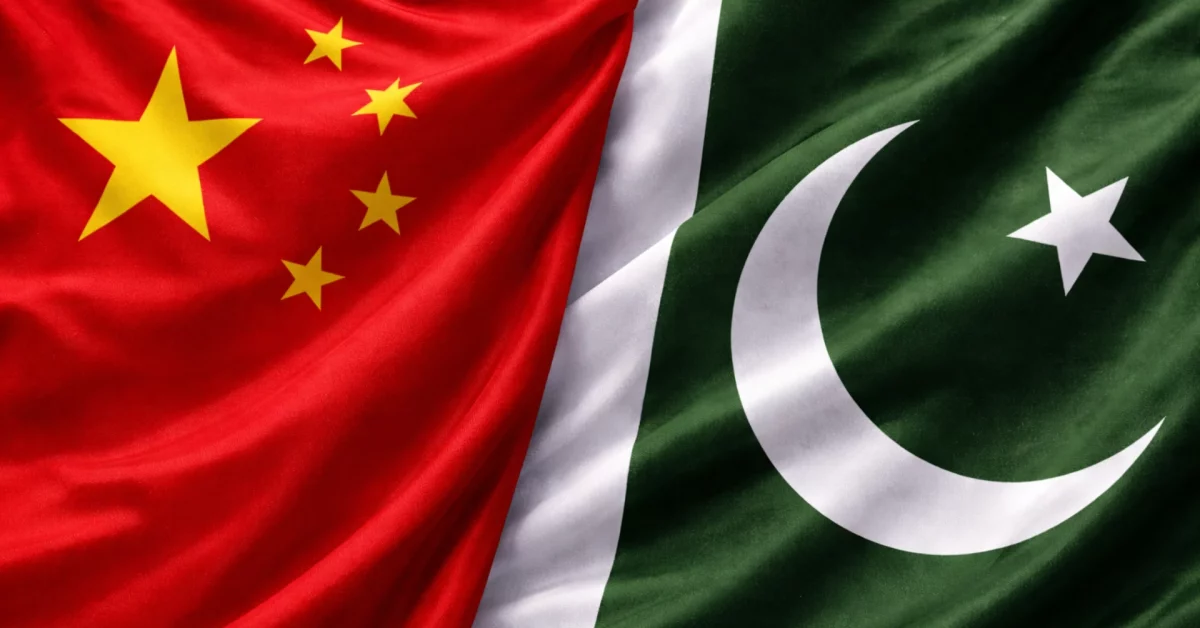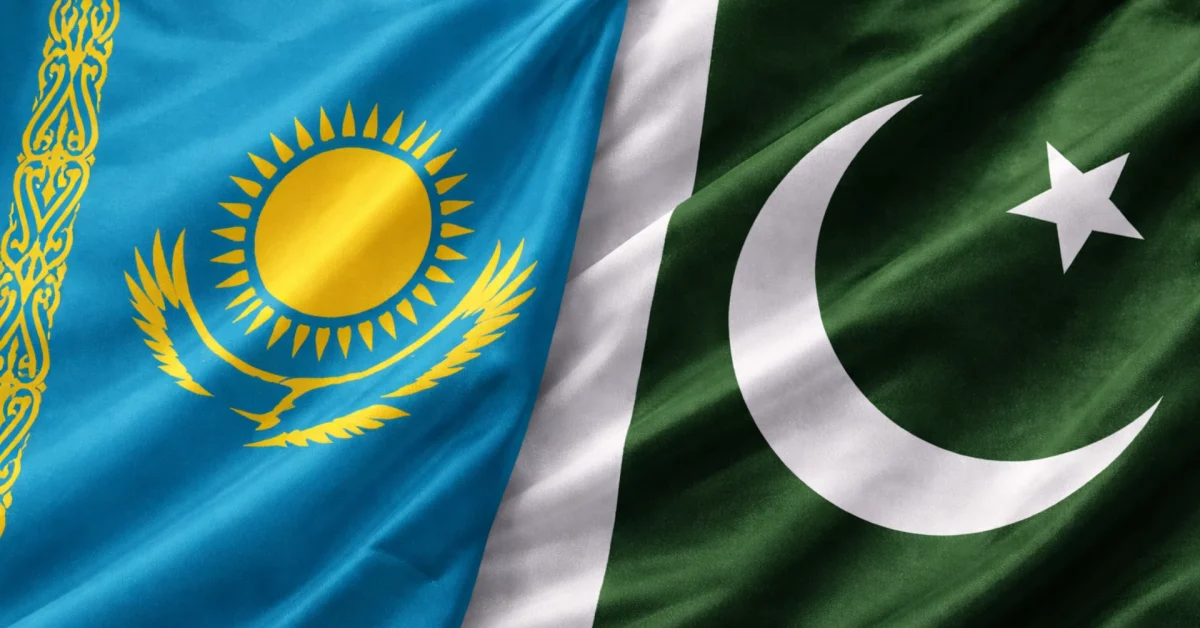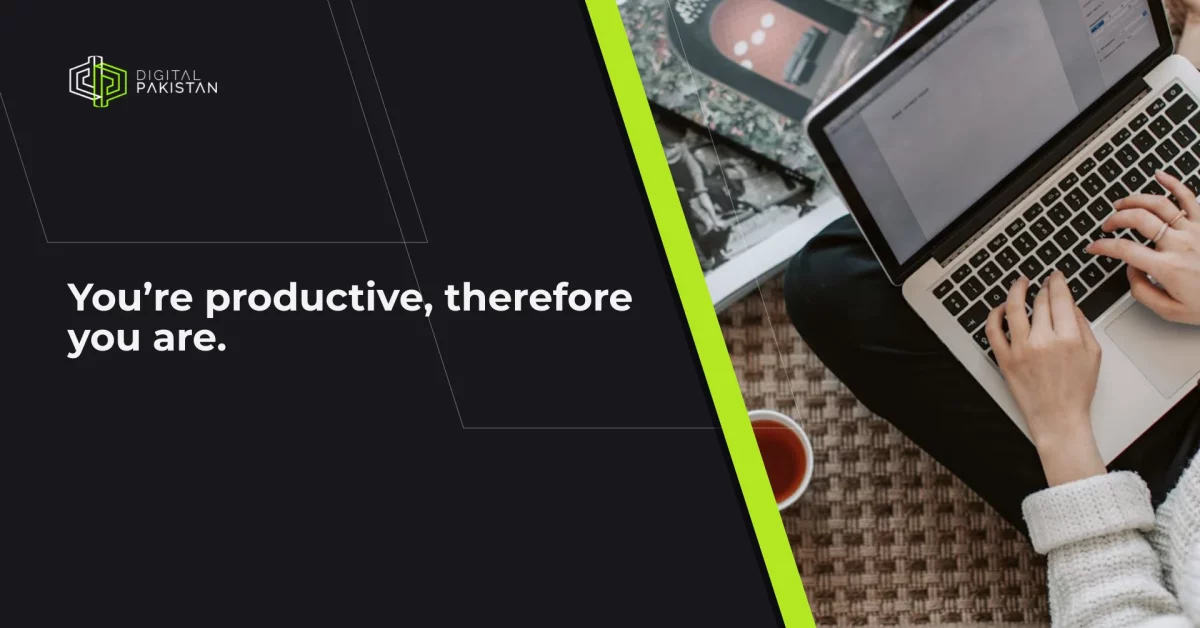
Nayatel Joins Microsoft as AI Cloud Partner
August 1, 2025
Kuickpay Teams Up with Visa to Digitize B2B Payments and Empower SMEs
August 2, 2025Digital Democracy: Social Media, Misinformation, and Public Discourse in Pakistan
In an era where digital interconnectedness is redefining the manner in which societies operate, the concept of democracy has moved beyond the physical ballot box into the space of bytes and bandwidth. Everywhere across the world, and increasingly in Pakistan, technology is increasingly determining public opinion and civic participation. Social media sites once the preserve of diversion and individual expression are today influential conduits for political debate, exchange of information, and mobilization of citizens.
The Emergence of Digital Civic Participation
With more than 128 million users on the internet in early 2025, Pakistan has witnessed a significant rise in online participation. Sites like Facebook, X (formerly Twitter), TikTok, YouTube, and WhatsApp have become important areas where national discourse happens. These websites enable users to express opinions, receive information, and engage in discussions that previously took place behind closed doors.
This digital empowerment has made more individuals enter the public space, particularly youth. Online campaigns, hashtag revolutions, and live debates are all part of a broader shift that democratizes access to ideas. Yet this openness is not without danger. Though more can now be heard, not everything posted online is true or even exists.
Misinformation and the Digital Landscape
One of the most urgent problems in today’s digital age is the dissemination of misinformation (accidentally incorrect content) and disinformation (deliberately misleading information). Social media’s algorithmic architecture based on speed, virality, and interaction facilitates the proliferation of false information easily. Photos, videos, and messages go around unverified and create ambiguity and perpetuate media bias.
This issue is compounded by poor digital literacy in most areas of Pakistan. Lacking the skills to sort good information from bad, most users become victims of manipulated media and fabricated reports. As misinformation spreads, it can misshape public perception, enhance polarization, and erode institutional trust.
The speed of artificial intelligence tool and deepfake technology developments further complicates the situation. Artificial speeches, doctored clips, and impersonated voices now look more real than ever. These technologies raise new challenges for truth, authenticity, and accountability online.
Algorithms and Echo Chambers
Social media algorithms, meant to increase engagement, tend to amplify users’ pre-existing beliefs by repeating similar kinds of content. Although this makes the user happier, it also results in “echo chambers” environments where multiple perspectives are weeded out, and reinforcing content only is exposed.
This is particularly alarming in environments where political and ideological cleavages already exist. Users can become more polarized in their positions, less willing to engage in discussions, and more vulnerable to propaganda. Online discussions tend to degenerate very easily into hostility, trolling, or even offline consequences.
Regulation: Finding the Balance
Efforts to govern online spaces in Pakistan picked up pace in recent years. The Pakistan Telecommunication Authority (PTA) has launched content regulation guidelines designed to tackle illegal online content. While some regulations have the goal of safeguarding national interests and stemming the tide of hate speech, others have been criticized as limiting freedom of expression.
The difficulty is in writing legislation that achieves a reasonable balance: keeping users safe from dangerous content without suppressing critical or dissenting voices. Excessive or politically driven censorship has a boomerang effect, lowering public confidence and diminishing civic space online.
Judicial oversight and transparency are key elements of any regulatory approach. Ensuring that regulation is applied equally and fairly contributes to confidence in digital governance.
Role of Platforms and Civil Society
Technology companies are also obligated to deal with the proliferation of toxic content. Global efforts like content moderation and fact-checking are not always effective in local settings because of limitations in language as well as local cultural issues.
Local measures like recruiting Urdu-speaking moderators or adapting policies to South Asian digital spaces are required for meaningful contribution. At the same time, civil society organizations in Pakistan are acting to plug necessary gaps. Organizations such as Digital Rights Foundation and Media Matters for Democracy are advancing digital literacy and media ethics through workshops, training, and advocacy.
Education is a long-term answer. Incorporating digital literacy into educational curricula is an effective method through which young individuals can learn critical thinking, evaluate content for its bias, and comprehend the manner in which online platforms shape what they observe and accept.
Toward an Informed Digital Future
The potential of digital democracy is in inclusivity, participation, and informed engagement. As Pakistan itself goes on evolving in its own digital journey, the necessity of a multi-stakeholder strategy becomes evident. Coordination among regulators, educators, civil society, and technology platforms is essential to creating a healthy and equitable digital information ecosystem.
Certain primary steps towards progress are shaping media literacy among all ages through public campaign awareness and education reform, fostering transparency for online political content by making clear disclosures for sponsored campaigns, building independent fact-checking networks to authenticate viral content, investing in localized content moderation to effectively handle regional sensitivities and languages, and maintaining legal protections that ensure freedom of speech while responsibly dealing with harmful digital content.
Conclusion: Opportunity with Caution
Pakistan’s digital revolution presents an unprecedented chance to connect citizens, amplify marginalized voices, and spark conversation. But this must be done with caution. Those very tools that empower can mislead or fragment if not regulated.
By embracing inclusive, rights-based, and transparent strategies, Pakistan can create a digital world that makes its democratic pillars stronger, not weaker. The future of civic participation is certainly digital. Making it credible, ethical, and just is everyone’s responsibility.






